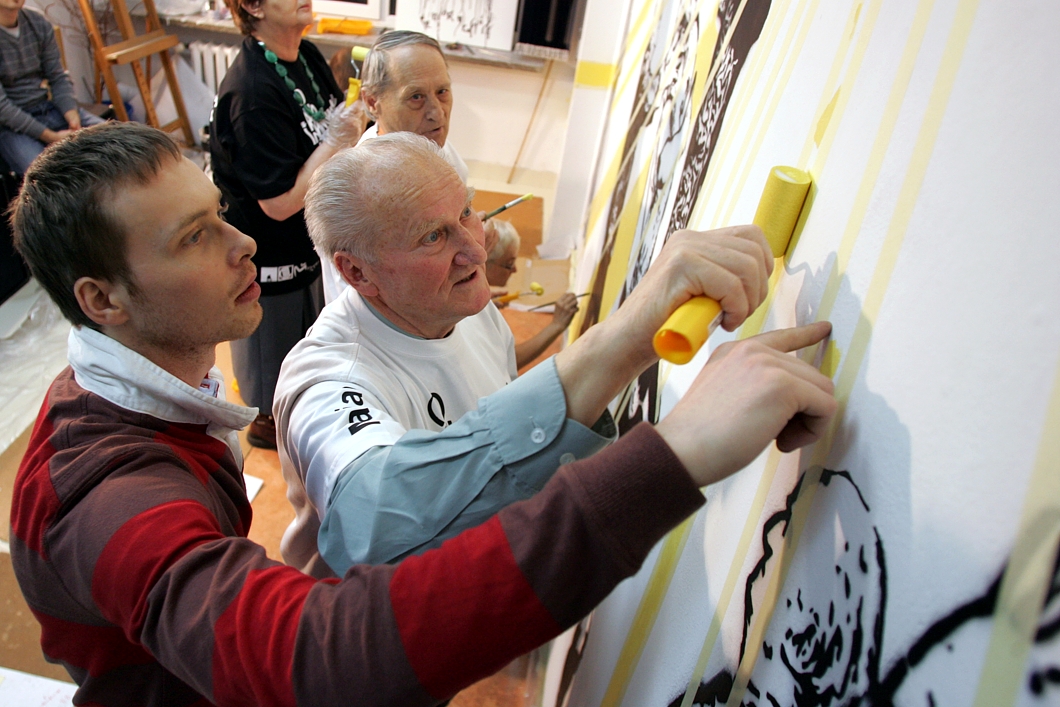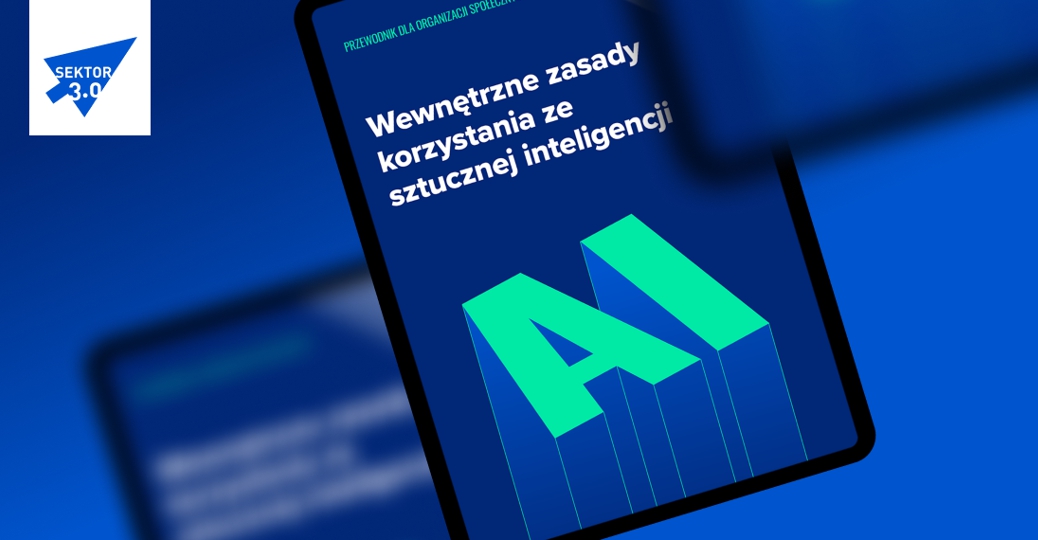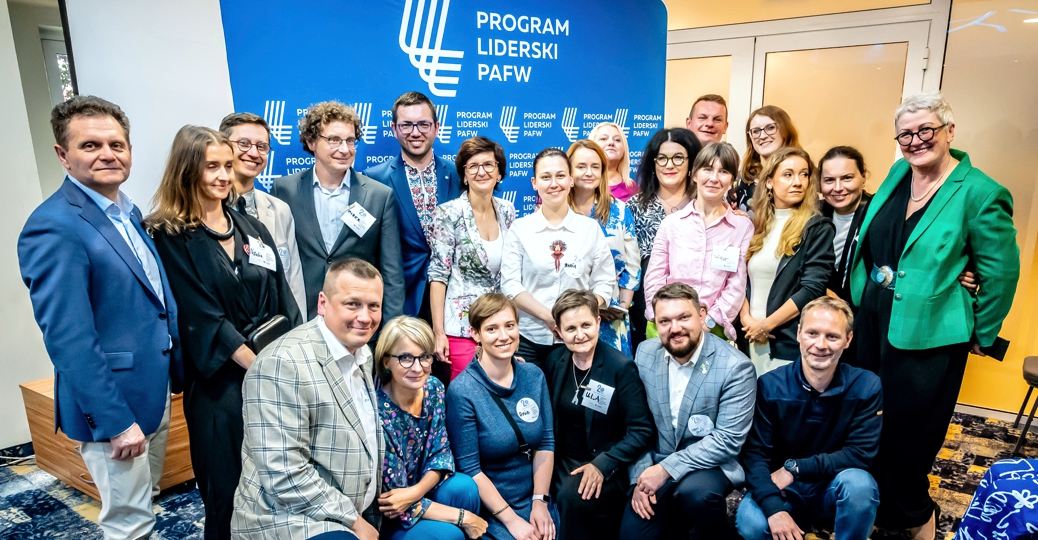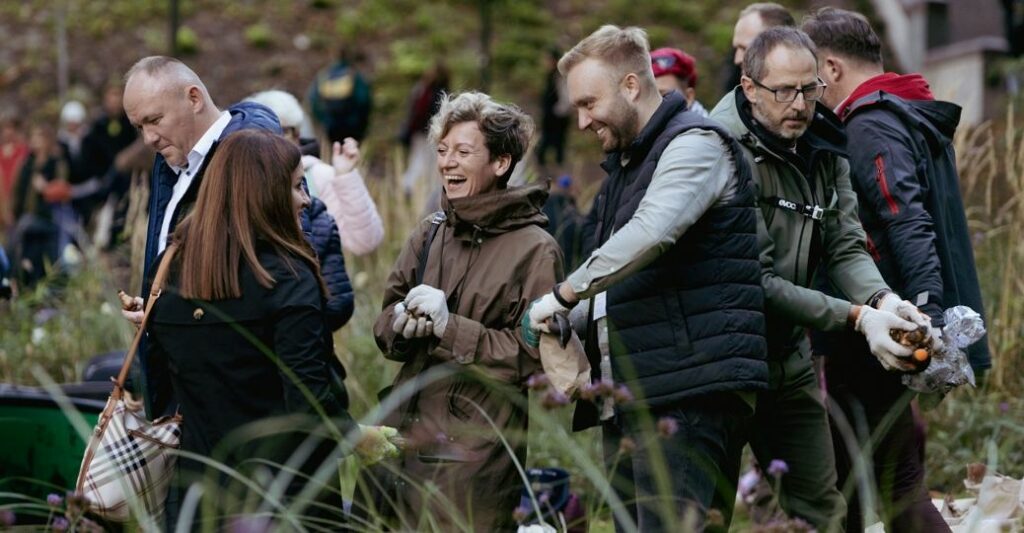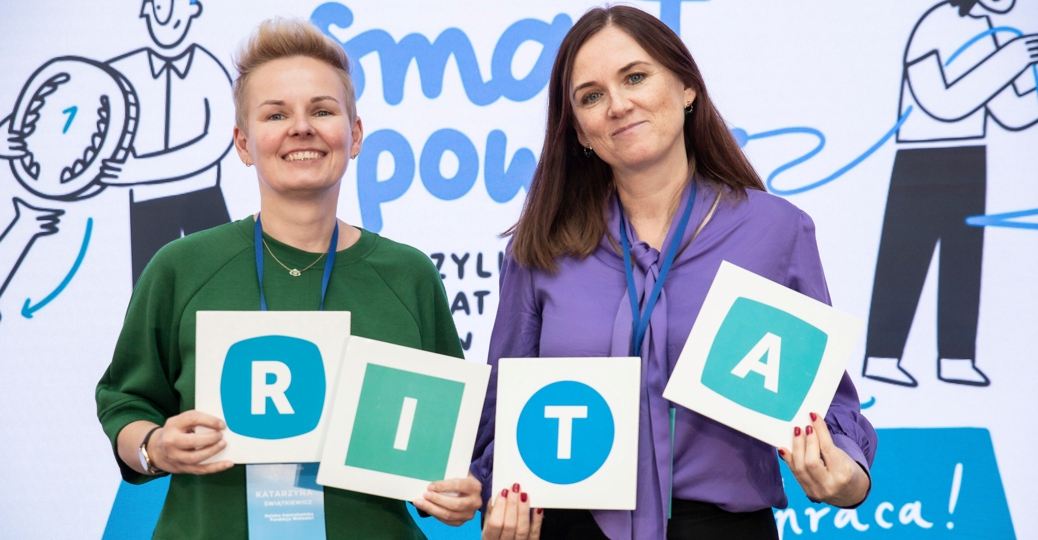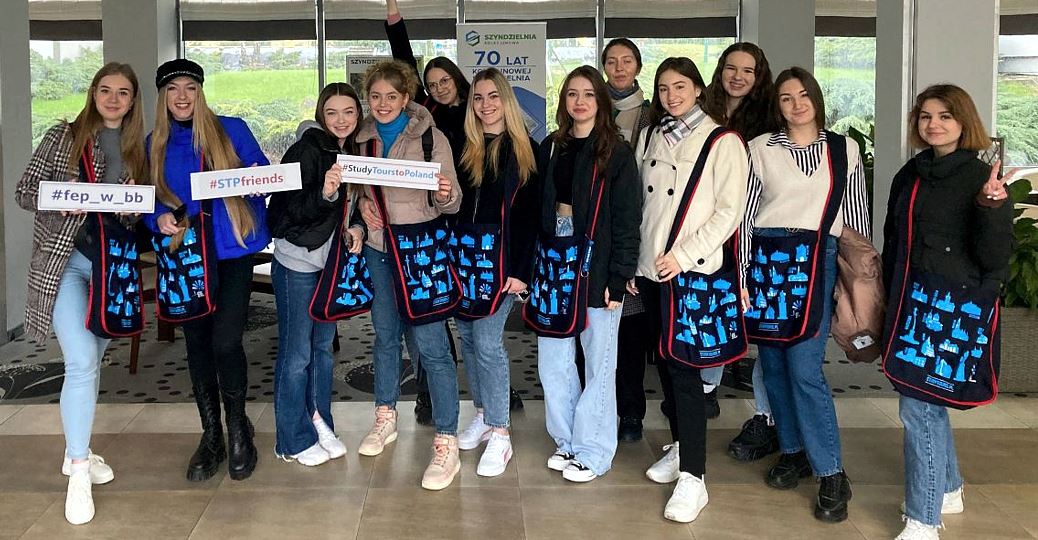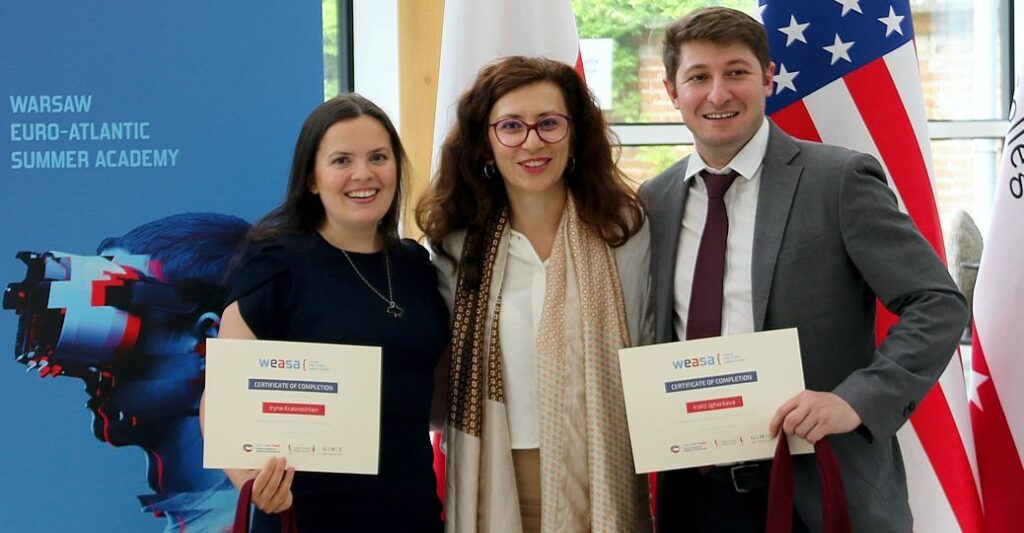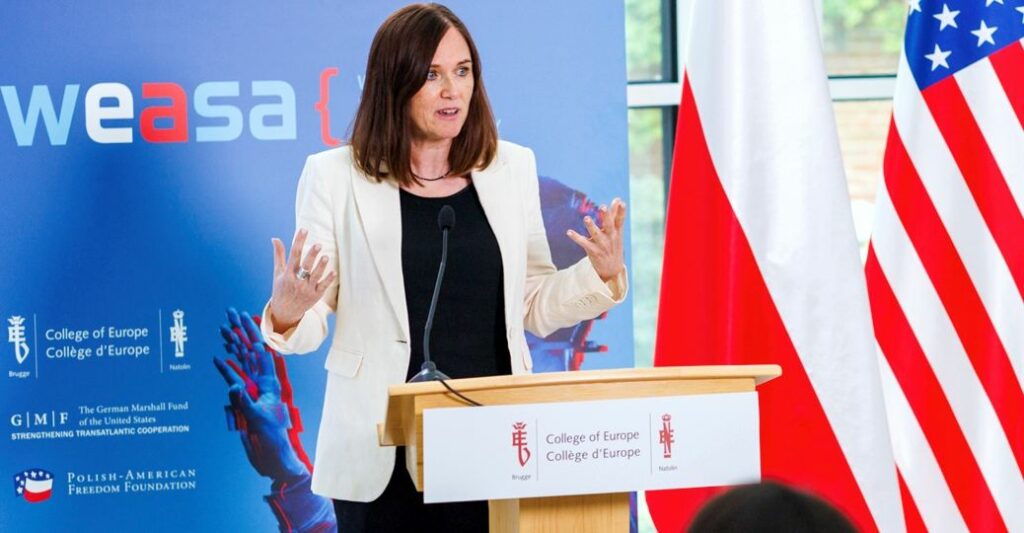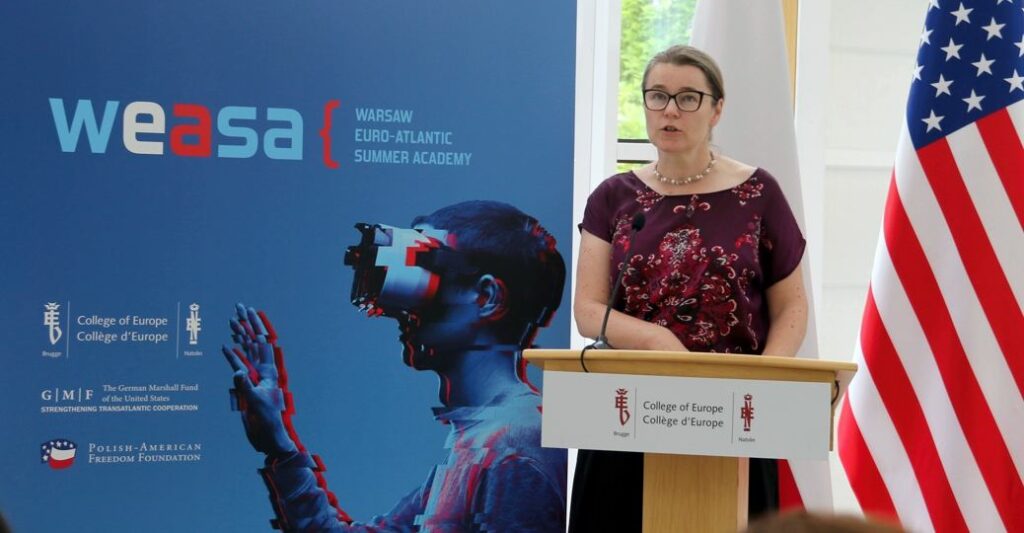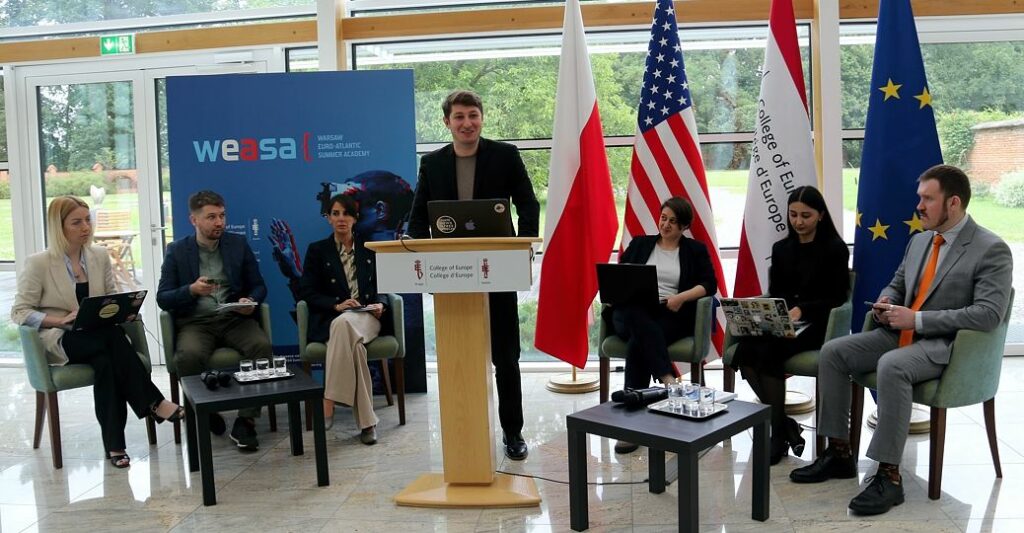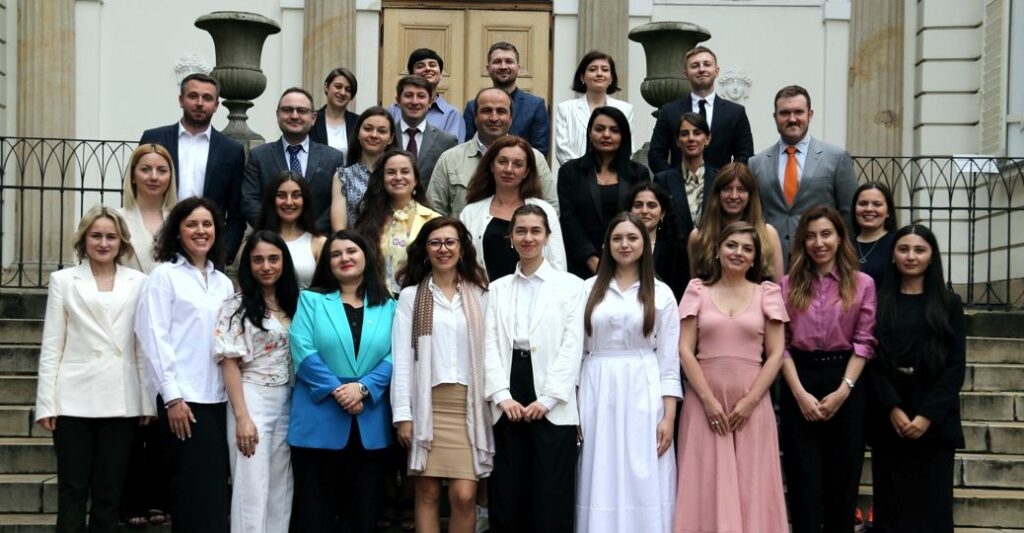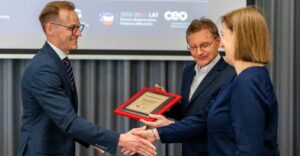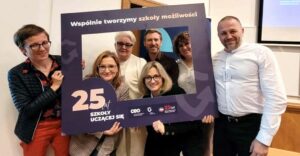On July 6-13, 2025, the Warsaw Euro-Atlantic Summer Academy (WEASA) was held for the thirteenth time. WEASA is a regular series of lectures, workshops, and meetings with experts aimed at people from the European Union's Eastern Partnership countries.
Analysts, political and government advisors, think tank and NGO employees, civil servants, academics, and journalists are among those invited to participate in the Academy. Since 2017, one of the leading themes of WEASA have been issues related to the development of new technologies and their impact on human life, society, and politics. Since 2022, due to the start of Russia’s full-scale war against Ukraine, the Academy has been focusing more on topics related to security and geopolitics.
This year’s WEASA was attended by 29 participants selected from 200 applications from the EU’s Eastern Partnership countries: Armenia, Azerbaijan, Belarus, Georgia, Moldova, and Ukraine, including two facilitators selected from among the Academy’s alumni.
The Academy participants discussed, among other things, the role of NATO in relation to the challenges of disinformation and so-called hybrid attacks, the state of integration and relations between their countries and the European Union, as well as the idea of the European Union’s Eastern Partnership.
The meeting was complemented by presentations by participants summarizing the current political and social situation in their countries, an Oxford-style debate with the following thesis: “This House believes that foreign interference, not internal weakness, is the main cause of democratic backsliding in the Eastern Partnership,” and interactive workshops on countering disinformation and personal digital security.
WEASA is a joint initiative of the Polish-American Freedom Foundation, the College of Europe in Natolin, and The German Marshall Fund of the United States. Thirteen editions of WEASA (2013-2025) have been attended by 551 participants from the Eastern Partnership and Western Balkans countries, including: 57 from Armenia, 39 from Azerbaijan, 50 from Belarus, 101 from Georgia, 48 from Moldova, and 151 from Ukraine.









